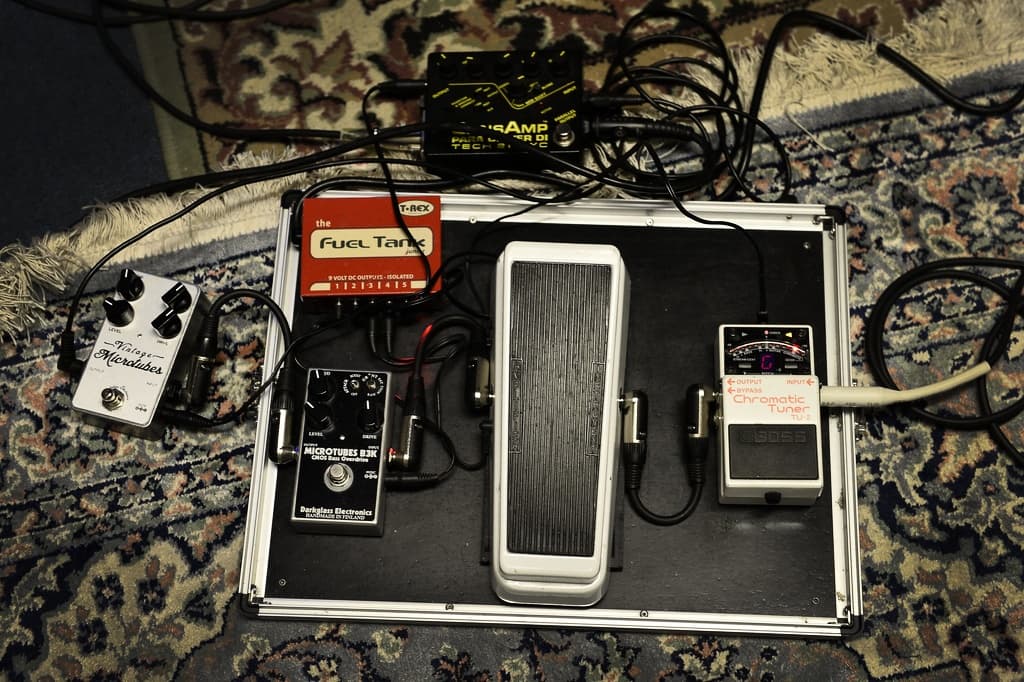Already during the first year with reduced grants to study associations, the effects are being felt in Music Sweden. Malmö was supposed to get a new cultural center with rehearsal rooms, studios, and an instrument workshop. Instead, the entire Study Association Culture's Educational Activities had to shut down due to the government's reduced grants – and thus, there will be no new cultural center in Malmö.
After searching for several years, we finally found a suitable location. But now it won't open as planned. It's clear that it's a major setback for everyone who had hoped and engaged, says Åsa Kratz, Chair of the Study Association Culture.
"Democracy issue"
Right now, rehearsal rooms and other important meeting places for music life are disappearing around the country. In the spring, ABF Umeå region decided to shut down the Music House in Umedalen, one of Umeå's largest and oldest rehearsal rooms. In Luleå, the Music House was saved after five study associations received a joint grant from Luleå municipality.
The Music House in Landskrona is also under threat. It is run by the study association Sensus, which has already had to close offices in different parts of the country, says Magnus Pejlert, music responsible at Sensus.
This is just the first round. We will have to continue cutting. It's a short-sighted budget, a cultural twilight. The infrastructure within music that we and other study associations have built up over a long time is now being rapidly dismantled.
He believes it's a democratic issue to have access to rehearsal rooms around the country.
It shouldn't be that only those who have parents who can afford to convert the garage can form a band. Then, music risks becoming like hockey: only for the middle and upper classes.
Threatening the "Swedish music wonder"
In the long run, Sweden's music life is threatened, according to Joppe Pihlgren, who is the CEO of the industry organization Svensk Live:
The study associations have been a factor in the breeding ground where successful artists, managers, agent companies, and concert organizers have been able to grow and thus contributed to the lucrative Swedish music wonder, he says.
He estimates that the savings the government is now implementing amount to about 0.4 promille of the state budget.
It's nothing. A petty saving that threatens the survival of study associations and the broad music life.
Mats Almegård/TT
Facts: Background
TT
In a series of articles, we are making stops among cultural institutions and cultural practitioners whose activities are threatened by strained finances.
The prerequisites:
The pandemic grants that many cultural institutions received during the pandemic have ceased.
In the wake of the economic crisis, several cultural actors have been hit by increased rents.
The 2023 culture budget resulted in abolished, reduced, or stagnant grants for several cultural actors.
From a political perspective, discussions have been held about increased private financing of culture, which has led to debates about the role and function of culture – as an inherent value in itself or as a driver of growth.
Currently, there are nine state-subsidized study associations in Sweden. This is since Kulturens Bildningsverksamhet discontinued its activities last year.
In 2023, the study associations shared approximately 1.8 billion kronor in grants from the government. In 2024, this grant was reduced by 250 million kronor. Next year, the grants will decrease by 350 million and the year after (2026) by 500 million compared to the 2023 level.
This is part of a reprioritization where more money will instead go to vocational training and folk high schools.
The nine state-subsidized study associations are: ABF – The Workers' Educational Association, Folkuniversitetet, Ibn Rushd Study Association, Medborgarskolan, Nykterhetsrörelsens Bildningsverksamhet, Sensus Study Association, Studiefrämjandet, Study Association Bilda, and Study Association Vuxenskolan.






